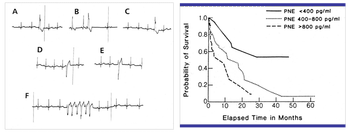
The client wants to know, and will pay for, each test you perform or each drug you give, that has a reasonable expectation of making their pet feel better or live longer.

The client wants to know, and will pay for, each test you perform or each drug you give, that has a reasonable expectation of making their pet feel better or live longer.
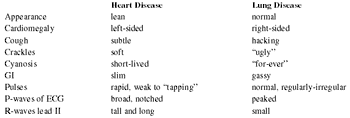
Cardiopulmonary interactions occur because both systems occupy space in the confined thoracic cage, because the heart pumps blood through and sucks blood from the lungs, and because the lungs hinder the flow of blood from right ventricle to left ventricle. Diseases of both systems share many signs/symptoms (e.g., cough, cyanosis, cardiomegaly, exercise intolerance) but fortunately disease of each system possesses a unique set of signs/symptoms.

There are approximately 60 million cats in the US, of which it is estimated that 11% have heart disease.

Mitral regurgitation is the most common heart disease in dogs (seen in approximately 85% of dogs with heart disease).
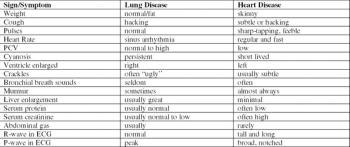
Cough, like many other signs/symptoms, occurs commonly in dogs due to either heart disease (most often due to mitral regurgitation) or lung disease (often due to pulmonary fibrosis, tracheal collapse, tracheo-bronchitis).

Cardiomyopathy refers to an affectation of the heart not caused by valvular or coronary vascular disease, and is often of unknown etiology.
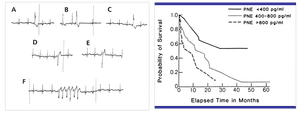
Published: August 1st 2010 | Updated:
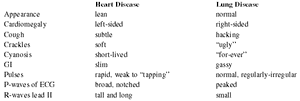
Published: August 1st 2010 | Updated:

Published: April 1st 2009 | Updated:

Published: April 1st 2009 | Updated:
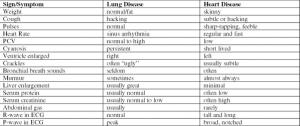
Published: April 1st 2009 | Updated:

Published: April 1st 2009 | Updated: